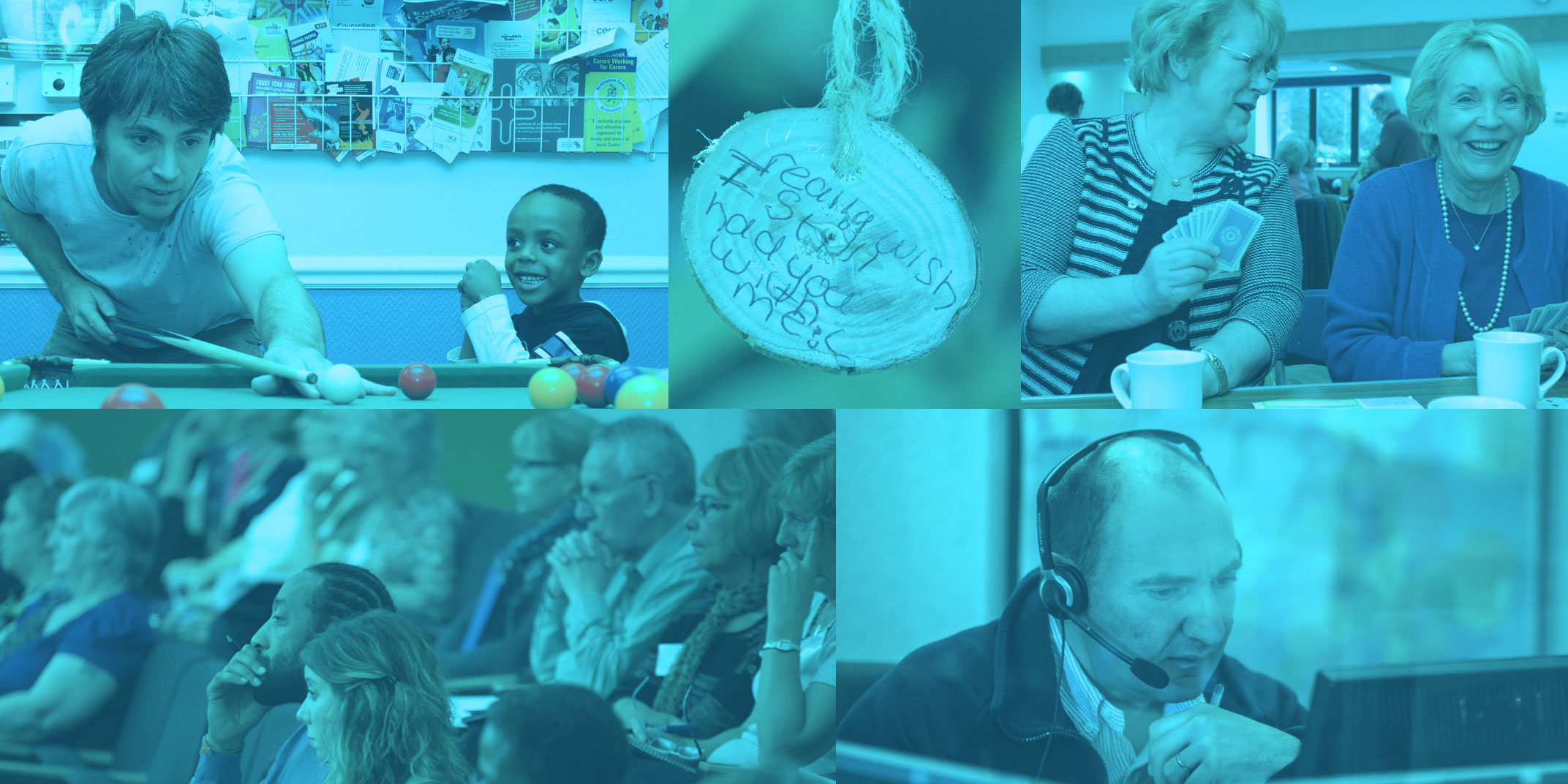It’s time to talk

While providing bereavement support is not the key function of funeral businesses, funeral directors are among the first people a bereaved person will call after the death of a loved one.
Depending on the circumstances of the death, the person faced with organising the funeral is likely to be in a state of shock and in the midst of grief, and planning a funeral can seem like an overwhelming process. Having an understanding of what grief is and an awareness of what can help when talking and listening to bereaved people can make all the difference.
About bereavement
After a death bereaved people often feel shocked, numb, guilty, angry, afraid and full of pain. These feelings may change to feelings of longing, sadness, loneliness – even hopelessness and fear about the future. Despite the widespread awareness of the ‘five stages of grief’, we now know there are no set stages or phases which everyone passes through during grief. Everyone’s experience is different.
For example Stroebe and Schut’s Dual Process Model of Grief describes grief as a process of moving between two different ‘orientations’. In ‘loss orientation’ the grieving person is focused on their emotions, loss and the person who has died. At other times, in the ‘restoration orientation’, the griever is focused on the changes and practical challenges they need to face to continue with life.
Stroebe and Schut call this a dual process because both the dimensions must be worked through, but the bereaved person cannot attend to both simultaneously. There may be times when people will find it easier or harder to cope (and make decisions when dealing with the practical side of arranging a funeral) depending on what orientation they are in at the time.
When someone needs extra help
There is no set timetable for starting to feel better after someone dies. Over time, people’s feelings should become less intense, but it’s not possible to predict when it will happen, or force it to come sooner.
It is normal to feel intense and overwhelming emotions in the weeks and months after someone dies. Most people find they can cope with the help of family and friends. But many people can also find it helpful to talk to someone, and some people need more help to cope with life after a loss.
If you feel a bereaved client would benefit from having information about support which is beyond your remit, that’s the time to pass on appropriate details about Cruse Bereavement Care or other charities and sources of help.
Four approaches to talking to families

1 Listen
When people have lost someone who was important to them they often want to talk about the person who has died. One of the most helpful things you can do is simply listen, as much as is possible within the constraints of your role.
2 Reassure
It’s common for people to say they feel like they are going mad. It can help to reassure someone the feelings are not unnatural or wrong. They are all normal reactions to what may be the most difficult experience of their lives.
3 Repeat
Bereavement is a busy and confusing time, and people are expected to take on a lot of information at a time when they are feeling particularly confused and befuddled. It’s a good idea to repeat key information and check they have understood. Allow plenty of time for them to process what you are saying, and to ask questions if they have any.
4 Be clear
At all times, try to be audible, clear and articulate. We tell our bereavement supporters to use a ‘helpful voice’: low in pitch, slow in pace, warm in tone and calm.
Tips for talking to children about funerals
At Cruse we are often asked “Should I take my child/young person to the funeral?” Going to a funeral or memorial service can help children understand the finality of death and join family and friends in saying goodbye. Some pointers can help manage the process.
- Don’t avoid talking about funeral/cremation preparations around children or young people as they may feel excluded or overlooked, and may wish to help.
- Explain what the funeral or cremation is for and what will happen.
- If possible, give them the choice of whether they wish to see the body or attend the funeral or cremation.
- Reassure them that it is OK if they would prefer not to attend.
- Explain that there are no set feelings they should experience at a funeral.
- Include them in planning the funeral and find ways in which they can take part in the service if they want to.
- Explain to them that they can change their mind, even at the last minute (and have back-up childcare and someone ready to take them outside if they need to leave).
- If a child or young person decides not to go to the funeral try to find other ways to involve them or ways they can say goodbye.
What Cruse can do to help
Cruse offers help, support and information to children, young people and adults after someone dies.
You can find out what Cruse offers in your local area on our website here. If there isn’t currently a service in your area then we have a national freephone helpline, and the number is 0808 808 1677.
Our website is also a valuable resource in general with a great many articles about aspects of grief and bereavement.
Cruse also offers training designed to support businesses. We offer public one-day courses, and if you have more people to train we can arrange in-house training be tailored to your specific needs.
You can find out more about training and courses available on the Cruse Bereavement Care website. To get in touch call 0208 939 9542 or email.
Tags: aftercare, bereavement, care, children, community, Cruse, grief, helpline, training